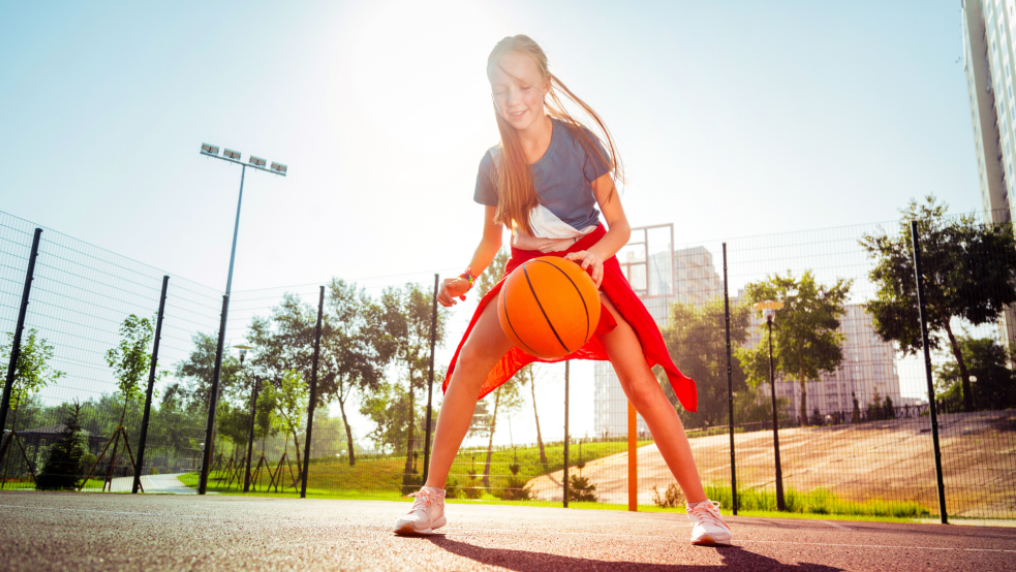Improving the state of play for girls

According to recent research, when it comes to physical activity, Australia is ranked one of the worst performers for 11–17 year old girls globally. Over 90% of girls surveyed reporting insufficient levels of physical activity, with a marked decrease in sport participation by girls during the 12–14 years of age and from 17+ years.
As girls grow older, regarding physical activity they report lower levels of enjoyment, confidence, competence and understanding, particularly during the teenage years.
ACHPER (Australian Council for Health, Physical Education and Recreation) Victoria has worked with Victoria University and partnered with the Office for Women in Sport and Recreation (Change Our Game, Victorian Government) to understand why this is, and how we can work together to help change these statistics for the better.
The culmination of this work is the release of a new infographic PDF to support the valuable role teachers and schools play to support physical literacy in girls. The idea for this resource originated from a presentation Professor Clare Hanlon gave at the ACHPER Victoria Conference in 2019 on ‘Further developing physical education and sport opportunities for girls in your school’.
The response from participants indicated this was a much needed area of support, hence the creation of the infographic by Professor Clare Hanlon, Susan Alberti Women in Sport Chair and ACHPER Victoria in order to help communicate research findings and provide a clear pathway for schools and communities to create better opportunities for girls to become physically literate.
“We need to support physical literacy in schools. Are we listening to what girls want? Perhaps girls want active recreation and more flexibility in traditional sport,’’ said Professor Clare Hanlon.
Evidence shows physically literate girls do twice as much activity than those who are not. They are happier and more trusting of other children, and higher levels of resilience is evident in children who demonstrate competency in these aspects of physical literacy.
Girls and women who participate in sports are less likely to take drugs, engage in abusive relationships, or have unwanted pregnancies (read the related research; PDF). Sport is known to improve the memory and form traits such as discipline and perseverance that enhances academic performance.



